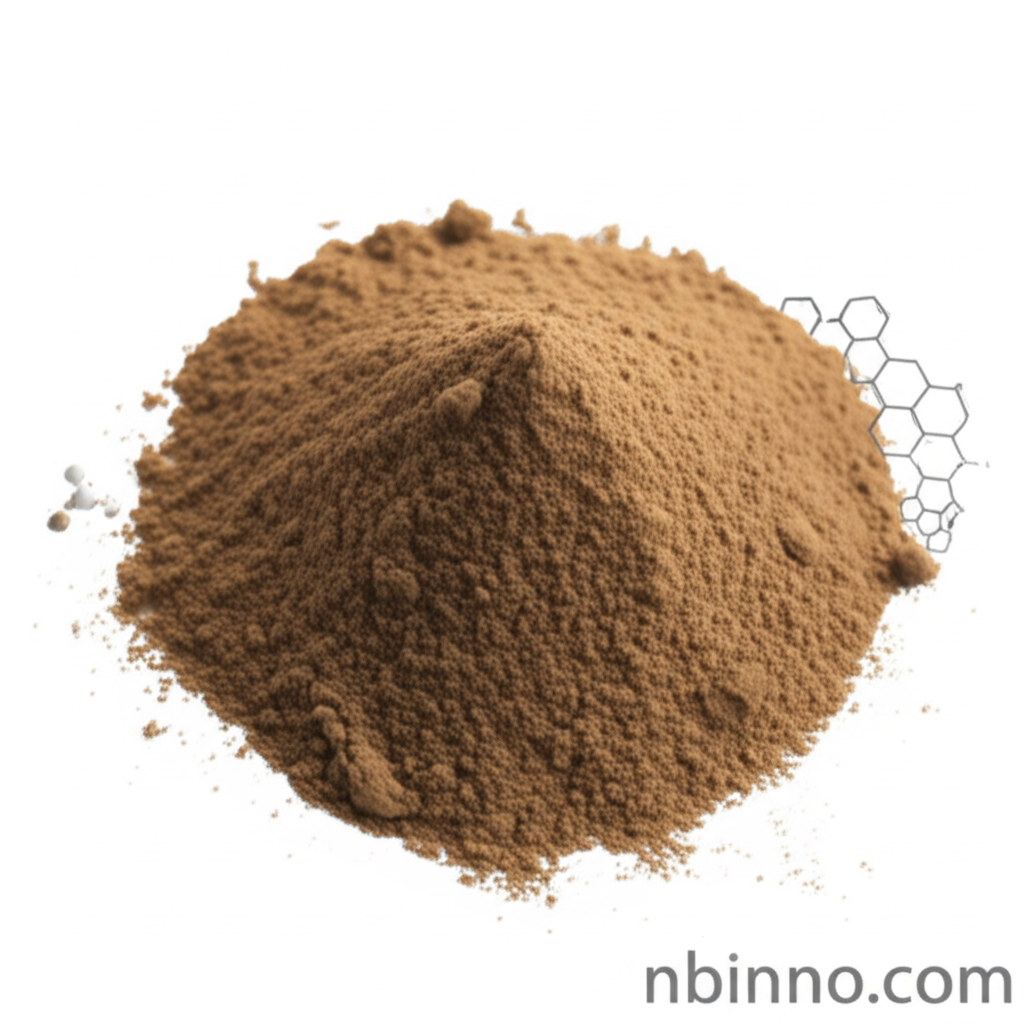4-Nitrophenylhydrazine Hydrochloride: Synthesis, Applications, and Purity for Chemical Research
Explore the essential properties and applications of this vital chemical compound for your research needs.
Get a Quote & SampleProduct Core Value

4-Nitrophenylhydrazine Hydrochloride
This chemical compound is a critical reagent widely utilized in organic synthesis. Its high purity level, consistently exceeding 98% as verified by HPLC and HNMR, ensures reliable and reproducible results in demanding laboratory environments. It serves as a versatile building block for the synthesis of various organic molecules, finding applications in research and development across different scientific disciplines.
- Leverage the high purity of 4-nitrophenylhydrazine hydrochloride for precise synthesis outcomes.
- Explore the uses of 4-nitrophenylhydrazine hydrochloride as a key intermediate in complex organic reactions.
- Discover how 4-nitrophenylhydrazine hydrochloride's properties contribute to effective protein modification.
- Investigate the role of 4-nitrophenylhydrazine hydrochloride in advanced chemical research.
Product Advantages
Guaranteed Purity for Reproducible Results
The consistent high purity of 4-nitrophenylhydrazine hydrochloride, exceeding 98% (HPLC, HNMR), is essential for achieving reproducible results in your laboratory experiments and synthesis projects.
Versatile Synthesis Intermediate
As a key synthesis intermediate, 4-nitrophenylhydrazine hydrochloride enables the construction of diverse organic molecules, supporting advancements in medicinal chemistry and materials science.
Reliable Chemical Properties
Understand the reliable chemical properties of 4-nitrophenylhydrazine hydrochloride, making it a trusted component for various applications in academic and industrial research settings.
Key Applications
Organic Synthesis
The 4-nitrophenylhydrazine hydrochloride purity ensures its effectiveness as a condensation agent and a building block in various synthetic pathways.
Biochemical Research
Its utility extends to biochemical research, where it can be used for protein modification and the study of biological processes.
Pharmaceutical Development
This compound serves as a valuable intermediate in the development of new pharmaceutical agents, contributing to drug discovery efforts.
Materials Science
The molecule's structure and reactivity make it suitable for applications in materials science, including the synthesis of specialized polymers and compounds.
